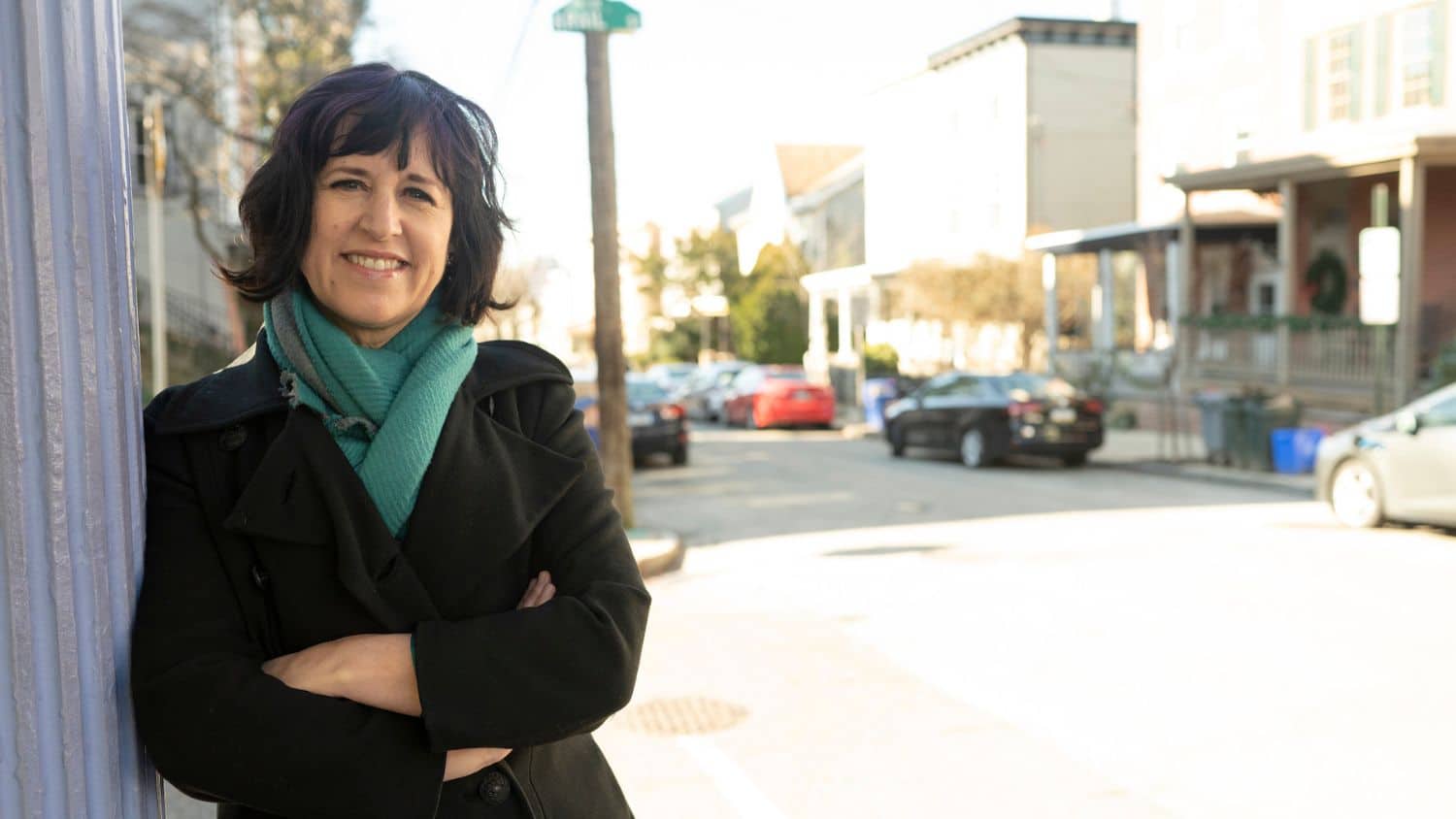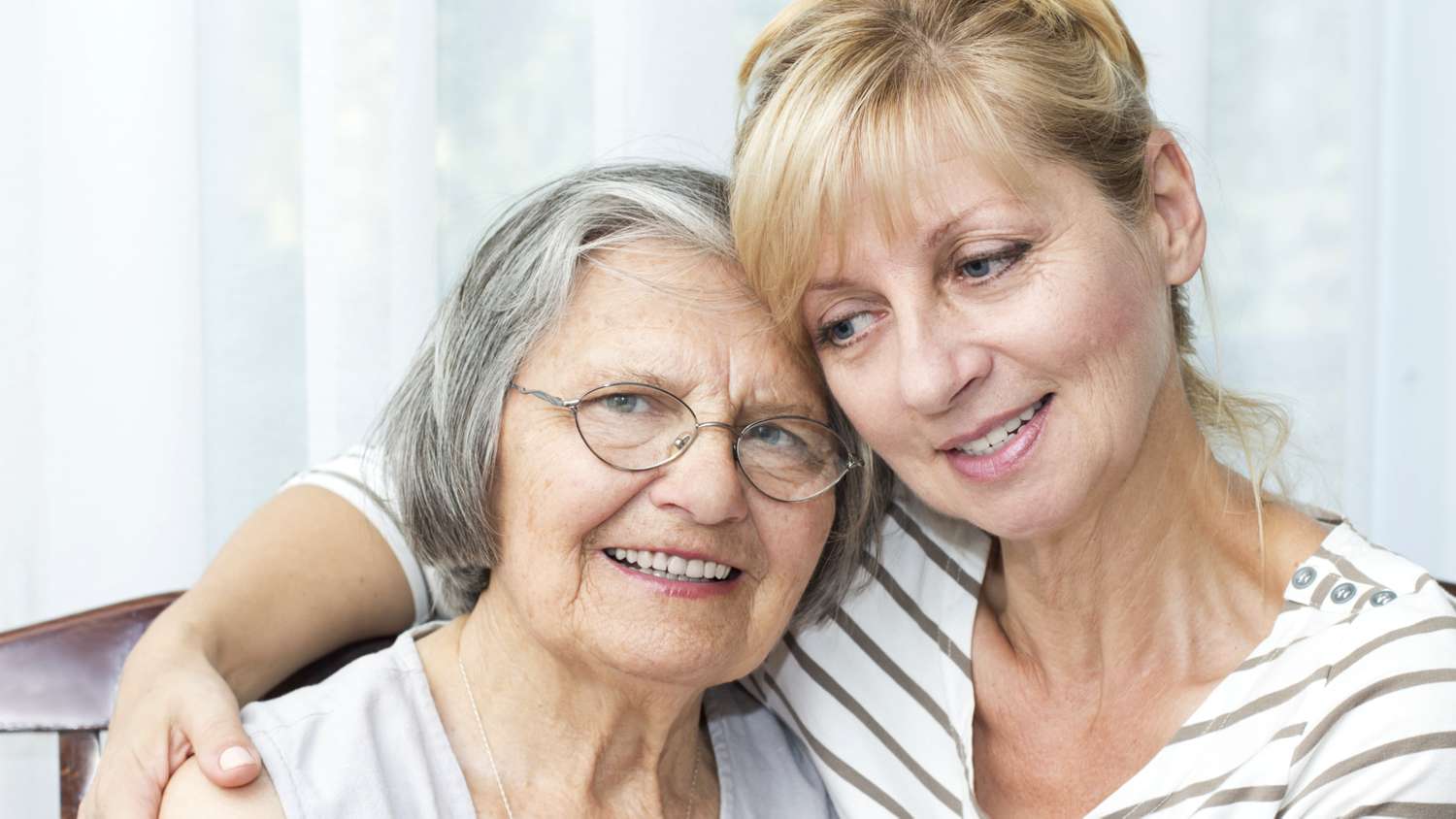
How I’m Working on Stopping Osteopenia in Its Tracks
I have always tried to keep healthy, so it was a shock 18 months ago to discover I had osteopenia in my lower spine. I’d decided to have a routine DEXA imaging scan and discovered that my score for bone mineral density was in the range of osteopenia.
Living with osteopenia is like being in the waiting room for osteoporosis, a condition where bones are so weakened they can easily break. It was time to get to work on my bones.
I’ve always exercised, been careful of what I eat and have no problem sleeping. But, as I’m learning, that’s not enough to keep osteopenia at bay.
And I’m not alone. Over half of women will develop osteopenia post menopause.
Step 1: Topping Up My Calcium
Research estimates that we’re losing around two per cent of our bone mass each year after menopause. That’s a lot. By the time we finish menopause, we could have lost up to 20% of our bones!
So what’s to do?
First, my primary care doctor recommended I look at taking a calcium supplement. So I did my research – and the Bone Health and Osteoporosis Foundation recommends 1,200 mg of calcium a day for women aged 50 and older.
I calculated I could get half my daily calcium needs through food; especially from dairy products like yogurt and cheese, and canned fish like sardines.
I put those on the menu and started on a good calcium supplement including vitamin D and K to make sure the calcium got out of my blood and into my bones.
I kept supplementing calcium for 18 months and went back for another DEXA scan. I expected the results to be positive. I’d done the work, so now my bones should have strengthened. Right?
Wrong. My scan results were much the same, maybe a little worse.
Step 2: Work on My Estrogen
OK. In my case, calcium on its own was not enough. So, now I’m adding a second step: boosting my estrogen.
Up until menopause, we produce three estrogen hormones naturally. They have a protective effect on our bones, by promoting the activity of cells that make new bones.
So, now I’m topping up my estrogen levels through a topical cream that includes estrogen with another female hormone, progesterone. Studies have shown that this method of delivering estrogen made a three to four per cent improvement in bone mineral density.
Let’s see how that goes. As I’m learning: prevention is personal. My doctor can guide and advise, but I need to be aware of my health data and suggest actions based on the results.
How Can I Get a DEXA Scan?
Thankfully, we now have modern tools like a DEXA scan that can give us a baseline reading as to where we are in terms of bone density.
If you’re in the US, your primary care can order a scan, and most insurers will cover a scan every two years. In the UK, NHS guidance is that DEXA scans are for people over 50 with a risk of developing osteoporosis. Given the data, I’d say that’s every woman. So: please talk to your doctor about getting one.
It’s a similar procedure in Australia: your GP can refer you for a scan. It’s painless and only takes 10-15 minutes. So please get scanning!
Why Doesn’t My Doctor Mention Bone Loss?
I’ve written on this topic before. As a society, we’re used to putting our health in our doctors’ hands. But doctors are trained to treat sickness. Wellness is up to us.
If you want to dig more into the subject of bone thinning and the options open to you, I found this helpful summary from The North American Menopause Society.
Editor’s Note: To become a better advocate for your health, you may also want to look at the Echolight technology which scans for bone density without the use of radiation.
Let’s Have a Conversation:
What is the state of your bone health? Have you done a DEXA scan in the past two years? What are you doing to better your bone health? Do you take any vitamin supplements and/or hormones?
Tags Medical Conditions







My osteopenia advanced to osteoporosis in 2 years even though I’m active. I’m 65 and my doctor prescribed Ibandronate (Boniva), once a month. He also told me not to take calcium supplements. I’ll take another bone density scan in 18 months. Fingers crossed!
Estrogen supplements are not an option if you have had or are at high risk for breast cancer.
It’s difficult to realize that doctors aren’t proactive with health issues. Now that I’ve finally accepted this, I’m much healthier.
My last DEXA scan revealed that I’m close to osteoporosis. YUCK!!!! It was a bit discouraging that my doctor didn’t have the answers. She did recommend calcium and vitamin D, which is good.There was a considerable amount of internet research to find some answers to how I can be proactive. I am blessed to live in an age where comparative research can be done at home.
After adding yoga for osteopenia & a back pack for added weight while walking to my Tai Chi & daily walk, I had my yearly check up [not another DEXTA year].
My doctor was amazed that my good cholesterol, which had always been high, had risen 30 points. She asked if I did that by increasing my walking. I told her NO and explained the changes that I made. She just shook her head like I was wasting a lot of time and effort. Hum….
It’ll be nearly a year before the next DEXTA which will indicate improvement in bone density. Even if there’s no improvement, my balance and strength has improved so the chances of a FALL are decreasing. Falls lead to disabilities so that’s a plus.
Being in charge of my health is empowering. This is especially true in a society that doesn’t stress our personal power in making healthy choices.
Thank You for your article. It’s great to have some encouraging healthy lifestyle choices.
YIKES Sara – I hope you don’t follow your Doctor’s advice about NOT getting a DEXA until you have obvious and advanced osteoporosis. There is not a lot you can do at that point – too late. Get your DEXA now. When to start depends on several things, but none of those things is that you have had a fracture.